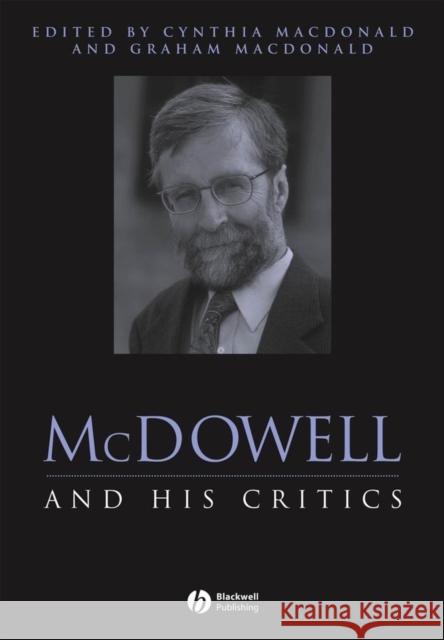McDowell and His Critics » książka
topmenu
McDowell and His Critics
ISBN-13: 9781405106238 / Angielski / Twarda / 2006 / 264 str.
McDowell and His Critics
ISBN-13: 9781405106238 / Angielski / Twarda / 2006 / 264 str.
cena 494,74
(netto: 471,18 VAT: 5%)
Najniższa cena z 30 dni: 493,72
(netto: 471,18 VAT: 5%)
Najniższa cena z 30 dni: 493,72
Termin realizacji zamówienia:
ok. 30 dni roboczych.
ok. 30 dni roboczych.
Darmowa dostawa!
The most comprehensive discussion available of the work of philosopher, John McDowell.
- Contains newly commissioned papers by distinguished philosophers on McDowell's work, along with substantial replies to each by McDowell himself.
- The contributors are philosophers with international reputations for their work in the areas in which they are contributing.
- Covers the whole of McDowell's philosophy, including his contributions in ancient philosophy, moral philosophy, philosophy of mind, philosophy of language, metaphysics and epistemology.
- McDowell's replies to the contributions in this volume contribute to the body of his work.











